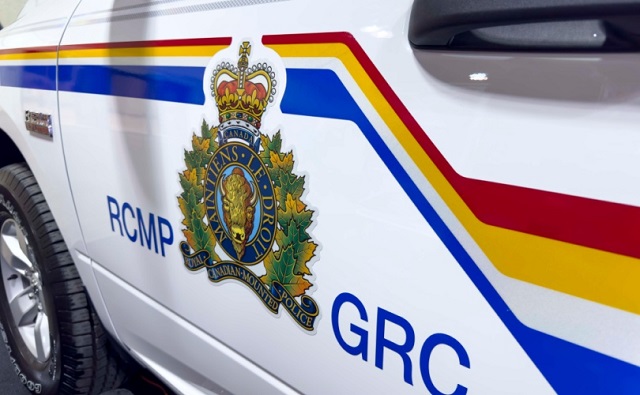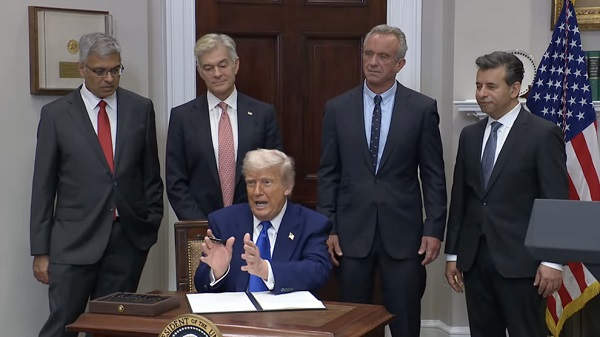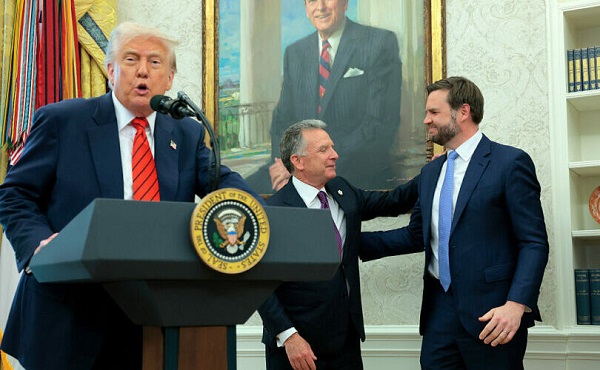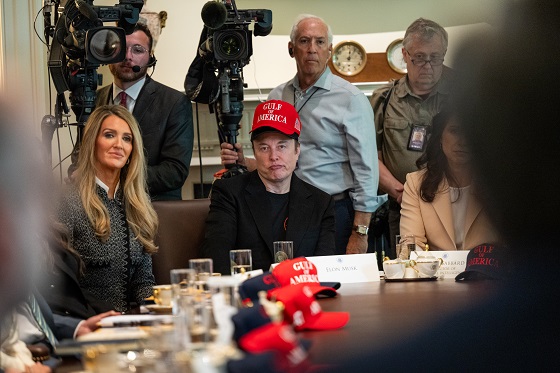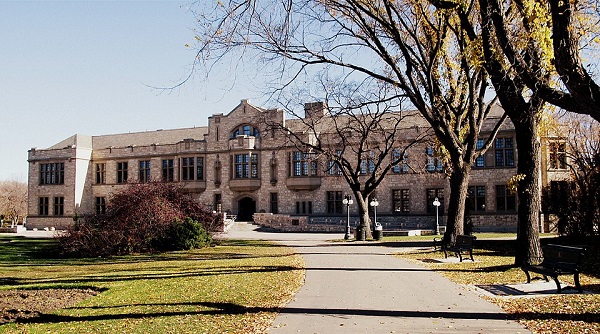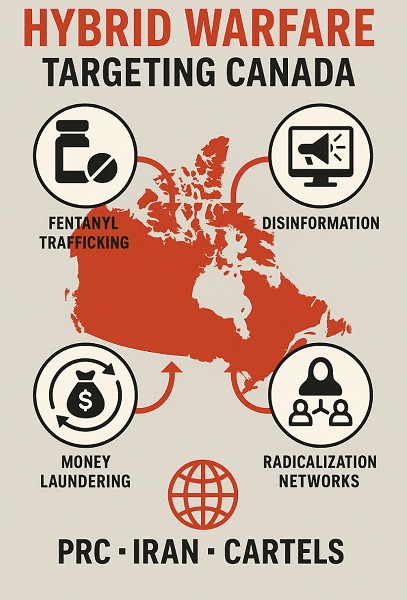Alberta
Federal and Provincial governments to spend $400 million to clean up Alberta oil and gas sites, create thousands of jobs
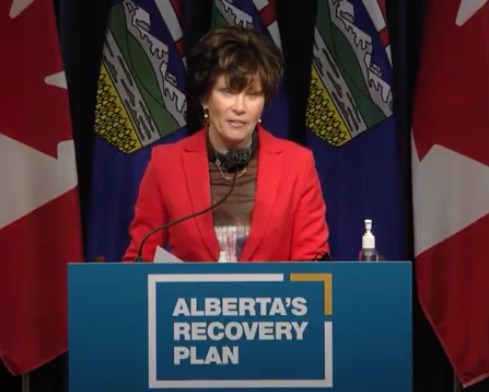
Funds target cleanup on Indigenous oil and gas sites
Two new rounds of the Site Rehabilitation Program will provide $400 million to create thousands of jobs for Albertans while completing significant environmental cleanup across the province – including on First Nations reserves and Metis Settlements.
The governments of Alberta and Canada are advancing their commitment to ensure Indigenous businesses and communities play a meaningful role in Alberta’s post-pandemic energy strategy by targeting $100 million of federal Site Rehabilitation Program (SRP) grant funding to clean up inactive oil and gas sites in Indigenous communities across Alberta.
Alberta’s government worked with Indigenous communities, Indigenous businesses, the Indian Resource Council and the Metis Settlements General Council to develop the details of this grant allotment, which includes $85 million for First Nations reserves and $15 million for Metis Settlements to work with licensees to close sites located on or around their lands.
“The Site Rehabilitation Program is cleaning up legacy oil and gas sites across the province and creating thousands of much-needed jobs. As stewards of the land, this funding will ensure that Indigenous people benefit from resource development on land that was first inhabited by their ancestors.”
“Working with Minister Savage and the Government of Alberta, we are creating jobs, cleaning up our environment, and supporting the hard-working people in our oil and gas sector – including in First Nations and Métis communities.”
“This is an investment in a strong future for Indigenous people in Alberta, who will benefit from the jobs created and the reclaimed lands in their communities. Programs like this are game-changers for Indigenous communities.”
“First and foremost, I am thankful to the Creator for another day and for the bounty that Mother Earth provides. The SRP Indigenous set aside will allow Alberta First Nations and Metis Settlements to reduce liabilities by decommissioning and cleaning up well sites across Alberta. During this time, First Nations-owned companies and member-owned companies, along with existing and new partnership creations, can get working to create gainful employment in a difficult period as this pandemic and downturn of the oil industry has caused hardships for many. We look forward to working with the province, ministers, industry, Indian Resource Council and service providers to make this program a success. ‘Our Mother Earth takes care of us, as her children, we need to take care of her.’”
“This $100-million collaboration between First Nations represented by the Indian Resource Council, the Metis Settlements and the Government of Alberta shows unprecedented progress towards reconcili-action in the protection of land, lives and livelihoods.”
A second new funding allotment will provide up to $300 million to oil and gas producers who paid for closure work in 2019 or 2020. This is the program’s largest grant period and is designed to give contractors and licensees the funding and time to work on closure projects of all scopes and sizes – leading to the cleanup of a significant number of oil and gas sites across the province.
“Closure work creates jobs and positive environmental outcomes that enhance Alberta’s ESG record and provides valuable economic benefits to rural communities. PSAC has long advocated for a mechanism to accelerate the decommissioning of orphan and inactive sites to provide the sector with jobs during this prolonged downturn. We are pleased that the Governments of Canada and Alberta have heard us and responded with this important program.”
Including these two rounds, which will open to applications on Feb. 12, $800 million in SRP grants have been made available to eligible applicants since launching in May 2020. In total, the program is expected to generate almost 5,300 direct jobs and lead to indirect employment – and economic benefits – across the province.
The Alberta government continues to work with an Industry Advisory Committee and an Indigenous Roundtable to help make continuous improvements to the program and its processes.
Alberta’s Recovery Plan is a bold, ambitious long-term strategy to build, diversify, and create tens of thousands of jobs now. By building schools, roads and other core infrastructure we are benefiting our communities. By diversifying our economy and attracting investment with Canada’s most competitive tax environment, we are putting Alberta on a path for a generation of growth.
Quick facts
- Through the Site Rehabilitation Program (SRP), launched in May 2020, the Alberta government is directing up to $1 billion of federal oil and gas COVID-19 economic stimulus over two years to get Albertans back to work by speeding up well, pipeline and site closure efforts in the energy sector.
- As of Feb. 12, $310.3 million of grant funding has been allocated to 633 Alberta-based companies for periods 1 through 4 of the program.
- Applications for grant periods 5 and 6 will remain open until March 31, 2022.
- During period 6, Indigenous communities will be provided a community-specific allocation.
- Contractors have until Dec. 31, 2022, to complete their work through the program.
- Remaining grant periods for the balance of the $1-billion funding commitment will be announced in the coming months.
Alberta
Alberta Cabinet shuffle reflects new ministries. Adriana LaGrange in charge of “health care refocusing”
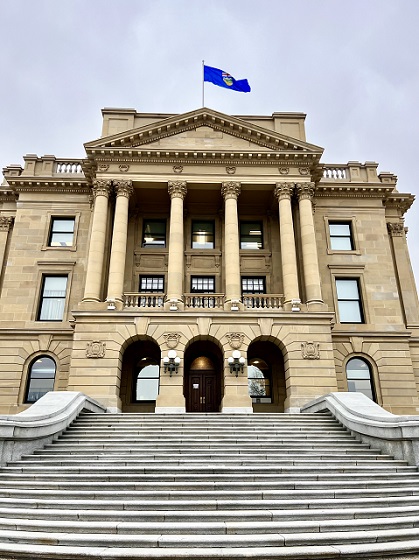
Premier Danielle Smith has made changes to cabinet to address key priorities of Albertans.
Following the conclusion of the spring sitting of the legislature, and the resignation of the Honourable Ric McIver from his cabinet position to serve as Speaker of the Legislative Assembly of Alberta, Premier Smith has made changes to her cabinet and caucus leadership.
The new cabinet comprises both seasoned and newly appointed ministers, reflecting Alberta’s diverse population. Together, they are committed to serving all Albertans and striving to unlock the province’s full potential. Those members taking on new roles include:
- Minister of Advanced Education, Myles McDougall
- Minister of Hospital and Surgical Health Services, Matt Jones
- Minister of Indigenous Relations, Rajan Sawhney
- Minister of Jobs, Economy, Trade, and Immigration, Joseph Schow
- Minister of Mental Health and Addiction, Rick Wilson
- Minister of Municipal Affairs, Dan Williams
- Minister of Primary and Preventative Health Services, Adriana LaGrange
- Minister of Tourism and Sport, Andrew Boitchenko
- Associate Minister of Multiculturalism, Mohammed Yaseen
- Associate Minister of Water, Grant Hunter
Additionally, Grant Hunter will be serving as the Chief Government Whip.
The Honourable Demetrios Nicolaides will be adding childcare to his portfolio and become the Minister of Education and Childcare. The Honourable Jason Nixon will also see his title changed to the Minister of Assisted Living and Social Services to reflect his oversight of Assisted Living Alberta.
“I’m eager to collaborate with this dedicated team to fulfill the commitments we made to Albertans during the last election. Our government has already addressed many key priorities of Albertans, but we know there is more work to do, and I’m excited to continue working alongside each of my cabinet colleagues as we move forward an ambitious agenda for Albertans.”
This new cabinet also serves as the critical next step in the journey to refocus Alberta’s health care system. Each of the four health care agencies – Primary Care Alberta, Acute Care Alberta, Assisted Living Alberta, and Recovery Alberta – are now established, and will now each have a corresponding minister responsible. Minister LaGrange will continue to oversee the health care re-focusing efforts.
“I’m pleased to continue the important work of re-focusing our health care system with the support of my colleagues. Moving forward, we will work together to ensure that patients in our health care system have an integrated seamless experience and get the care they need when and where they need it.”
Cabinet members will be tasked with working collaboratively to complete the important work that Albertans voted for, including continuing to grow the economy, keep life affordable, reform the health care system, fight crime, and defend Alberta from punitive federal government policies.
Alberta
Alberta group releases referendum question on leaving Canada, becoming ‘sovereign country’

From LifeSiteNews
‘Do you agree that the Province of Alberta shall become a Sovereign Country and cease to be a province of Canada?’ reads the proposed question from Alberta Prosperity Project, which says it has over 240,000 pledges to vote ‘yes’ on the referendum.
A group behind a citizen-led movement for Alberta’s independence from Canada in light of increasing frustration with the Liberal federal government made public the question it will put to a future referendum that could come in 2026.
The Alberta Prosperity Project (APP), which bills itself as a sovereignty advocacy group, released Monday the question it wants on a referendum.
“Do you agree that the Province of Alberta shall become a Sovereign Country and cease to be a province of Canada?” the question reads.
Thus far, the group says it has over 240,000 pledges from people who say they will vote “yes” to the referendum question. The group wants to have at least 1 million signatures, which is more than the 600,000 needed before a citizen-led petition would be allowed to be brought before Alberta’s legislature.
The APP says its mission is to “empower the Alberta government to restructure Alberta’s relationship with Canada by educating and mobilizing public support for Alberta Sovereignty.”
As reported by LifeSiteNews, Alberta Premier Danielle Smith said her conservative government will allow but not support a citizen-led referendum on independence.
Smith’s comments came after she said recently that she would consider taking serious steps for Alberta to have greater autonomy from Canada after the Liberals were re-elected to a fourth consecutive term.
Asked about the APP’s statement, Smith said, “I’ve made my position clear.”
“I support a sovereign Alberta within a united Canada, and it’s my job to see if we can get a new deal with Ottawa, so that I can convince more Albertans to feel the same,” she said to the press.
Her announcement also comes just days after her United Conservative Party government announced Bill 54, which sets the groundwork for possible independence referendums by making such votes easier to trigger. If passed, the bill would lower the signature threshold from 600,000 to 177,000. It is now in third reading.
As it stands, Albertans can call a referendum under the Referendum Act and the Citizen Initiative Act, but in order to trigger such a vote, citizens would first have to collect signatures from 20 percent of eligible voters (about 600,000 citizens) within just 90 days and do so on an official government-approved petition.
Some pre-election polls have shown independence sentiment on the rise among Albertans, with over 30 percent favoring a move toward sovereignty.
The calls for independence have grown since Liberal leader Mark Carney defeated Conservative rival Pierre Poilievre, who also lost his seat in the 2025 federal election. In Alberta, almost all of the seats except two went to conservatives.
Carney, like former Prime Minister Justin Trudeau before him, said he is opposed to new pipeline projects that would allow Alberta oil and gas to be unleashed. Also, his green agenda, like Trudeau’s, is at odds with Alberta’s main economic driver, its oil and gas industry.
-

 Alberta2 days ago
Alberta2 days agoAlberta group releases referendum question on leaving Canada, becoming ‘sovereign country’
-
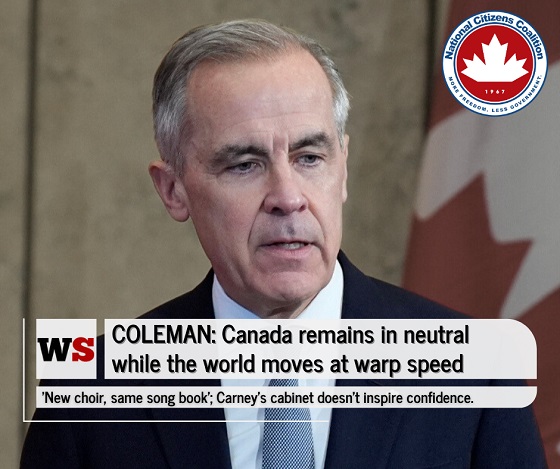
 Business23 hours ago
Business23 hours agoCanada remains in neutral while the world moves at warp speed
-

 Business23 hours ago
Business23 hours agoFrom Gregor Robertson to Sean Fraser to Steven Guilbeault, Mark Carney’s Team ‘As Bad A Start As It Can Get’
-
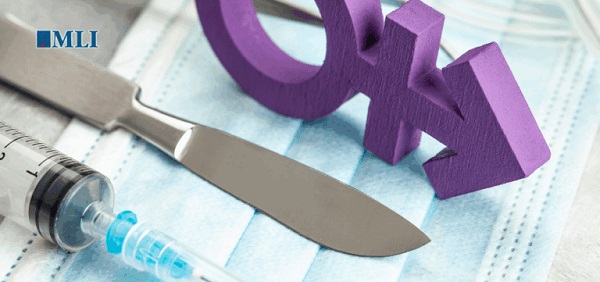
 Health1 day ago
Health1 day agoMedical organizations and media let Canadians believe gender medicine is safe and universally accepted. It’s not
-
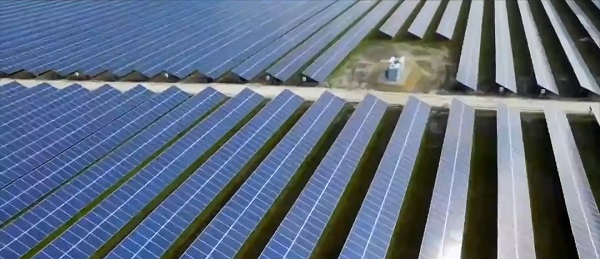
 Business1 day ago
Business1 day agoRogue Devices Capable Of Triggering Blackouts Reportedly Found In Chinese Solar Panels
-

 2025 Federal Election2 days ago
2025 Federal Election2 days agoJudicial recounts could hand Mark Carney’s Liberals a near-majority government
-
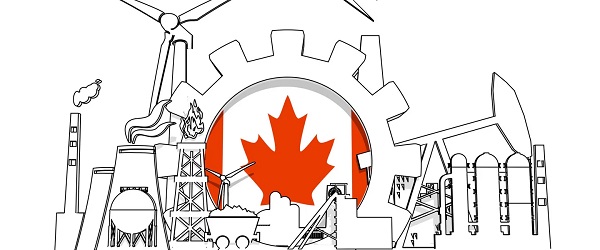
 Business2 days ago
Business2 days agoCarney’s new cabinet and media interviews fail to provide clarity
-

 Business14 hours ago
Business14 hours agoCarney should commit to Chrétien-style review of Trudeau’s decade-long bureaucratic expansion

